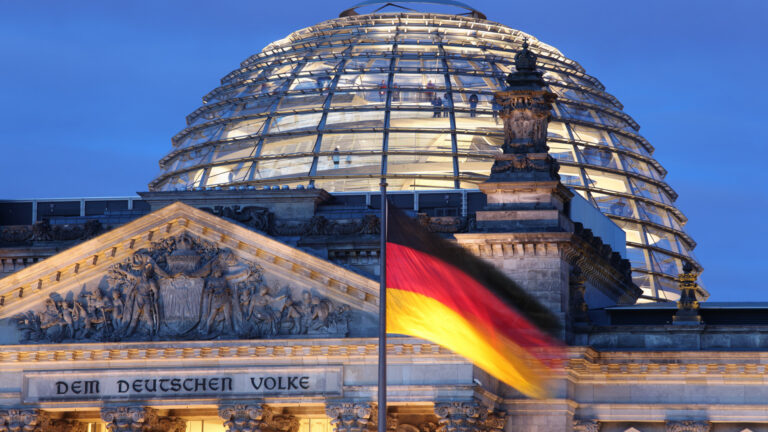
At the moment, Germany is facing a new political crisis that could lead to the disintegration of the governing coalition. The Christian Democratic Union (CDU) has recently begun negotiations to form a minority government, while relations between the Social Democratic Party of Germany (SPD) and the CDU are characterized by open conflicts and mutual accusations. This coalition was formally formed only six months ago.
Tensions between the CDU and the SPD have recently intensified significantly. Statements by some political leaders, such as those of CDU Foreign Minister Johann Wadephul, have exacerbated the situation. Wadephul’s statement that Syria is “in a worse state than Germany was in 1945” caused deep consternation not only within his party, but also for the SPD, which holds the position of government spokesman. Friedrich Merz, the chancellor, also expressed his dissatisfaction with these comments. The SPD’s internal tensions are also outstanding, with Vice Chancellor Lars Klingbeil under constant pressure from the party’s left wing. Conflicts between ministers are intensifying and making it increasingly difficult to maintain the government’s unified line. In the Bundestag, CDU group leader Jens Spahn said that “we have no intention of drowning with them”, referring to the Social Democrats, which further increased political tensions. The current Merz government came to power after the collapse of the previous coalition and the political situation seems particularly unstable. Merz became chancellor in May, and was able to obtain the necessary support on the second try. During the six months of government so far, it has become clear that the coalition faces challenges not only in terms of governance, but also in terms of political discourse. Conflicts and internal tensions between the CDU and the SPD could contribute to the rapid collapse of the governing coalition.
In addition to the political turmoil, the popularity of the right-wing Alternative for Germany (AfD) party is also on the rise. Analysts say the current crisis could contribute to the AfD’s growing support, which could have a serious impact on the German political landscape in the long run. As a result of political instability, doubts about the government’s work are also increasingly arising among the population. Opinion polls show that tensions among German citizens are amplified by economic issues and national security concerns. Social issues such as unemployment and inflation have also become a focus of political discourse, which only adds to the ongoing challenges.
Summation
Thus, the political situation in Germany is becoming increasingly unstable, and the coalition’s internal tensions and conflicts are also affecting the government’s work today. The disagreements between the SPD and the CDU, as well as the strengthening of the right-wing AfD, further complicate the political landscape. The coming period could be crucial for German politics, and citizens’ trust in government institutions will be tested again.
Translated and edited by Hans Seckler